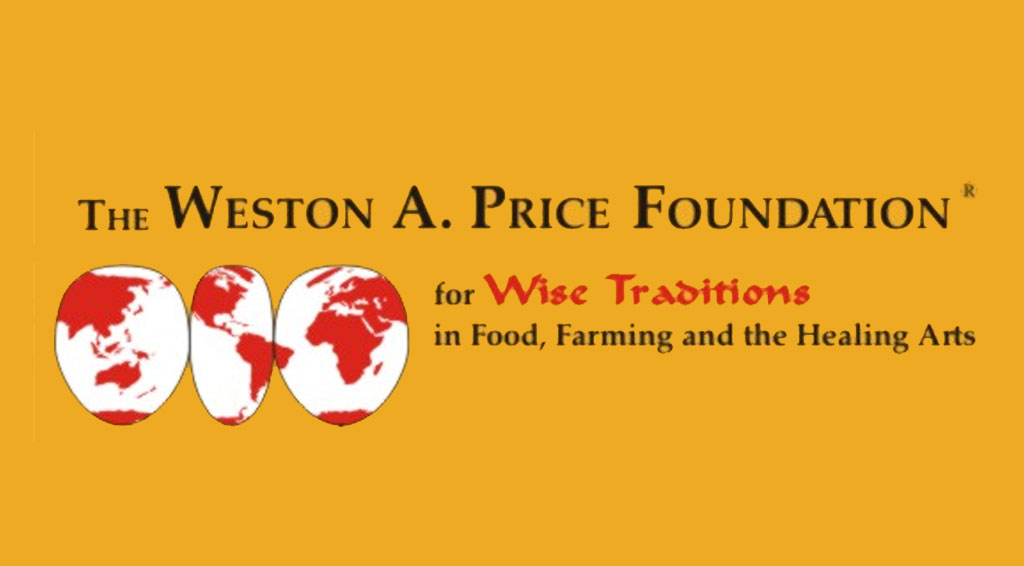The USDA Organic seal was designed to assure consumers of food produced without synthetic chemicals, genetic engineering, or corporate shortcuts. However, it has become a marketing tool for large agribusinesses, facilitated by lax enforcement, pre-announced inspections, and fraudulent imports.
In 2019, the National Organic Standards Board (NOSB) recommended that genetically engineered (GE) vaccines could be used in organic livestock if no alternatives existed. Enforcement of this policy is inconsistent, and watchdog groups like OrganicEye have raised concerns about the lack of verification by certifiers. As mRNA vaccines are developed for livestock by companies such as Merck and Bayer, there is no clear plan to prevent their use in organic meat and dairy.
Investigative journalist Peter Whoriskey reported that Aurora Organic Dairy, the largest organic dairy in the U.S., housed approximately 15,000 cows, with only a small fraction observed grazing on pasture, as required by organic standards. The USDA’s inspection of Aurora was conducted after the grazing season, limiting the ability to assess compliance. Despite these concerns, Aurora was found to be in compliance with organic regulations.
Whoriskey also uncovered instances of fraudulent organic grain imports from Eastern Europe and Turkey. Shipments labeled as conventional at departure were reclassified as organic upon arrival in the U.S., significantly increasing their value. Some of these grains, treated with prohibited chemicals, were used to feed livestock in USDA-certified operations.
These practices have allowed large-scale operations to capitalize on the organic label while undermining small, legitimate organic farmers. The USDA’s National Organic Program has been criticized for inadequate enforcement and failure to address these issues effectively.
Adding to these concerns is the approval of Apeel’s Organipeel, an edible coating designed to extend the shelf life of produce. While marketed as a plant-based solution, its classification under organic standards has been contentious. The Organic Materials Review Institute (OMRI) approved Organipeel as a fungicide for post-harvest use, not as a coating for further processing. This distinction has led to confusion and debate over its compliance with organic regulations.
Critics argue that the use of such coatings blurs the line between natural preservation and synthetic intervention, potentially undermining consumer trust in organic labeling. The lack of transparency regarding the full composition of Organipeel has further fueled skepticism among consumers and industry watchdogs.
To ensure the integrity of organic food, consumers are encouraged to engage directly with local farmers and ranchers. By understanding their practices and building relationships, individuals can make informed choices about the food they consume.
Organic is a practice, not a trademark. And every rancher practices organic principles in different ways– explore the full range of organic protocols by purchasing from ranchers directly through BeefMaps.com.





0 Comments